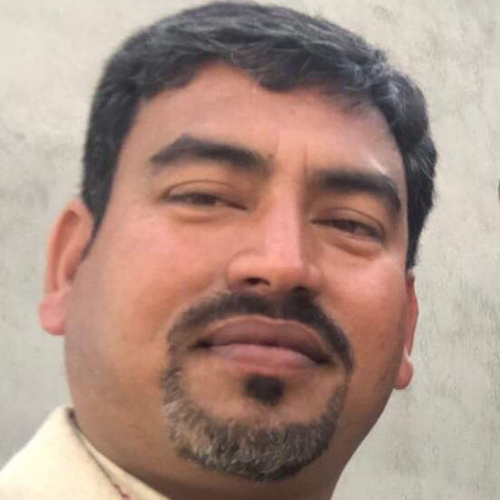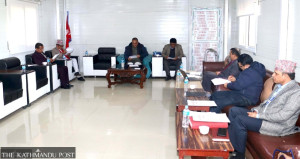Sudurpaschim Province
Nagarik Unmukti Party to pull plug on Sudurpaschim government
Some central members boycotted the meeting expressing their dissatisfaction with the proposal to quit the government, party sources say.
Arjun Shah
The Nagarik Unmukti Party on Wednesday decided to withdraw its support to the Nepali Congress-led government in Sudurpaschim Province.
Central member of the party Damodar Pandit said a meeting held in Tikapur on Wednesday chaired by party chief Ranjita Shrestha decided to withdraw the support to the government led by Kamal Bahadur Shah of Nepali Congress.
But some central members boycotted the meeting expressing their dissatisfaction with the proposal to quit the present government in the province, party sources said.
Pandit claimed the decision was made with the presence of the majority members in the 21-member central committee.
“The party has decided to support the same alliance both at the central as well as provincial levels,” said Pandit.
Chief Minister Shah on March 5 sacked three ministers representing the Maoist Centre. He removed Social Development Minister Jhapat Saud, Minister for Industry, Tourism, Forest and Environment Ramesh Dhami and state minister of the same ministry Gita Mal from their positions.
He took the action against Maoist ministers after Prime Minister Pushpa Kamal Dahal on March 4 broke the alliance with Nepali Congress and joined hands with the CPN-UML.
The ministers representing the Nagarik Unmukti Party and CPN (Unified Socialist) are still in the Shah Cabinet.
Nepali Congress provincial assembly leader Shah was appointed Sudurpaschim chief minister in February last year. In the 53-member assembly, the Congress has 19 members, the Unified Socialist three and there is one independent lawmaker. The CPN-UML has nine members, the Maoist Centre 10, the Nagarik Unmukti Party seven, and the Rastriya Prajatantra Party has one lawmaker.
The formation of a five-party coalition in Kathmandu shook up provincial coalitions throughout the country. The changed dynamics at Singha Durbar has left the fate of provincial governments, particularly those governed by the former ruling partner Nepali Congress, uncertain.




 20.12°C Kathmandu
20.12°C Kathmandu















